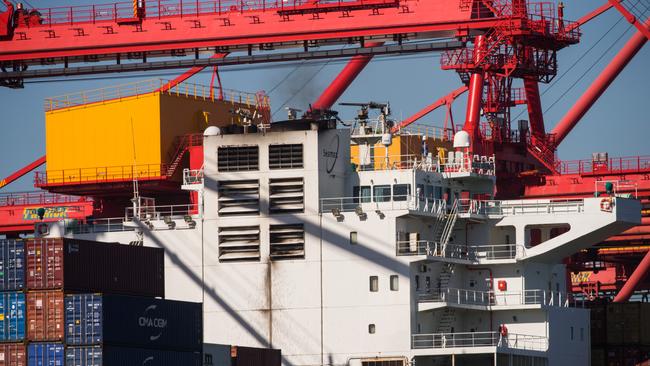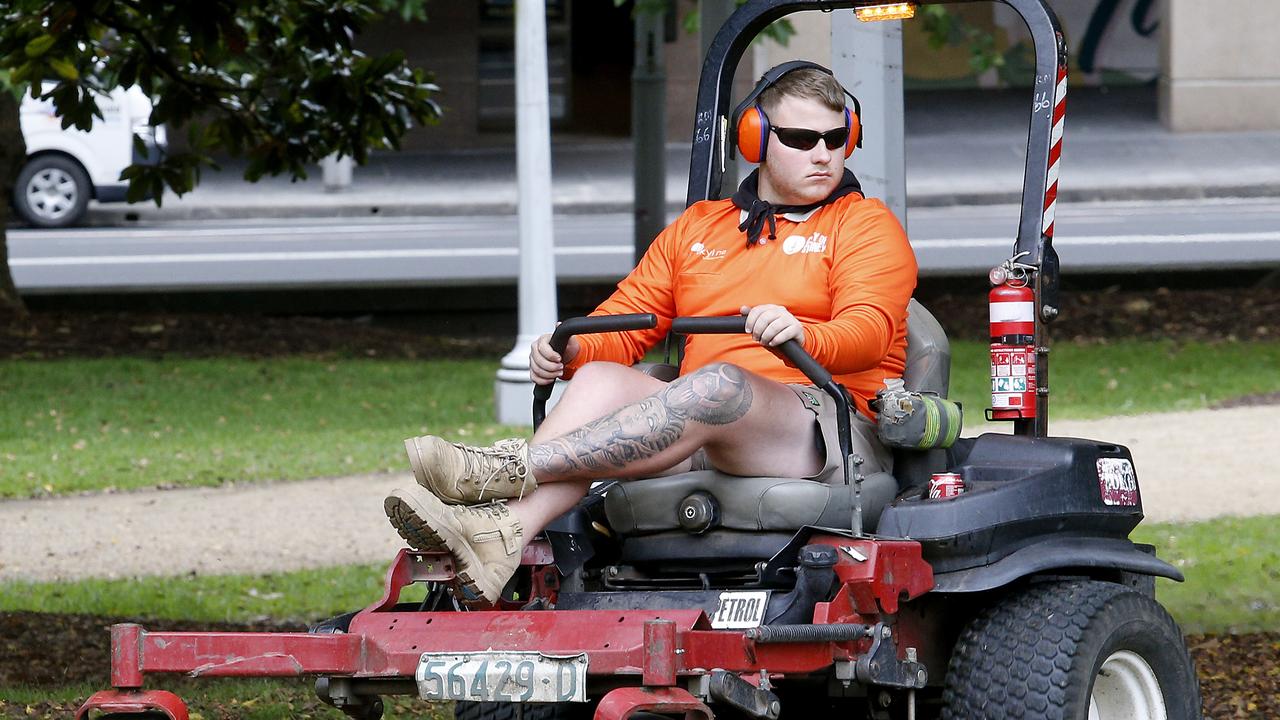Australian beef floating outside US as 45,000 port workers strike
Aussie beef destined for US hamburgers has been left stranded in US waters as tens of thousands of American port workers strike.

Australian beef is floating off the coast of North America as port workers conduct major strikes along the length of the US east coast.
About 50 container ships are sitting idle offshore, less than 48 hours into the strike, and both Joe Biden and Donald Trump have expressed support for the striking workers.
“It’s only fair that workers who put themselves at risk during the pandemic to keep ports open see a meaningful increase in their wages as well,” Mr Biden said this week.
Australian beef imports to the US had jumped 70 per cent this year as cattle numbers across the United States dwindled because of drought and high grain prices.
Now frozen Australian beef trimmings, ready to be made into hamburgers, are indefinitely waiting to be unloaded. The majority of Australia’s higher quality beef is shipped to the US west coast, which is unaffected by the strikes.

NewsWire understands Australian farming groups have not raised the issue of US strikes with the Australian Department of Foreign Affairs and Trade.
In preparation for the strike, suppliers to US grocers and fast-food businesses increased imports of frozen lean beef – which is mixed with domestic supplies to make hamburger meat – from Australia, New Zealand and Brazil, Reuters reports.
Los Angeles-based Australian man James Blok, who works for NZ-listed Mainfreight, told a beef industry publication that some suppliers were considering getting meat from the west coast to the east by road and rail, adding about $US8000 ($A11,550) per container.

No one on east coast wharves would be checking power supply to the refrigerated containers during the strikes as well, he said.
“But what we do know is that for every one day that product is held up, it creates five days of backlog,” Mr Blok told Beef Central.
The Department of Foreign Affairs and Trade and the federal Trade Minister have been approached for comment.
The strike began at 12.01am local time on Tuesday, affecting 36 ports all the way from the northeast of the US to Texas, hampering supplies of essentially everything, though most industries brought in as much stock as they could before the industrial action.
But perishables like bananas and cherries are expected to soon be scant on store shelves.
About 45,000 members of the International Longshoremen’s Association have walked off the job. They are demanding contractual protections against automation and a 50 per cent pay rise over six years. The union has not held a strike since 1977.



